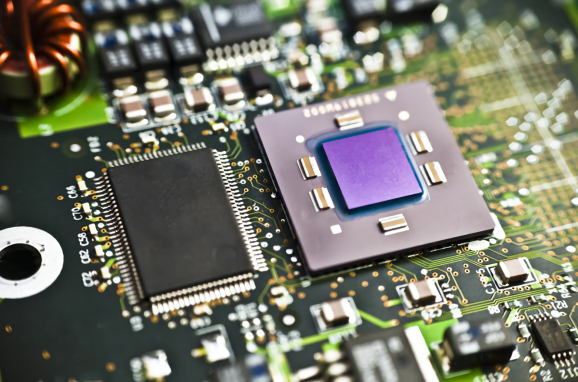 EMERGING TECH
EMERGING TECH
 EMERGING TECH
EMERGING TECH
 EMERGING TECH
EMERGING TECH
Arm Ltd. claims that chips based on its designs power 85 percent of vehicle infotainment units and 65 percent of driver-assistance systems. Today, the company is moving to grow its presence in the auto market even further with an eye to self-driving vehicles.
Arm has pulled back the curtains on a new chip series specifically engineered with autonomous driving in mind. The first offering in the lineup is the Cortex-A76AE, a central processing unit based on a seven-nanometer process.
The smaller the individual building blocks of a chip are, the better its performance, which gives the new CPU an edge over 10-nanometer and other older designs. Improving transistor density also provides the added benefit of lowering electricity requirements. Power efficiency is a hallmark of Arm chips and a key element of its competitive strategy, a focus that the company has prioritized with the Cortex-A76AE.
The company claims the CPU will enable partners to develop autonomous vehicle systems with a power envelope of as little as a few dozen watts. Existing offerings’ electricity consumption is usually measured in kilowatts, two orders of magnitude higher.
Another key feature of the Cortex-A76AE is a capability Arm calls Split-Lock. The technology takes advantage of the fact that computing systems designed to support autonomous driving, even the limited forms of it that are available today, often include multiple chips. Split-Lock can link two processors with one another and have them carry out sensitive tasks together, which mitigates the risk from technical issues such as a CPU failure.
The Cortex-A76AE can alternatively each operate independently another when running less sensitive workloads. Arm sees the chip’s ability to balance reliability with the requirements of non-critical applications as one of the main draws.
“AE processors will go through a rigorous functional safety process and include safety innovations like dual-core lock-step to ensure redundancy in our CPU cores,” Rene Haas, president of Arm’s Intellectual Property Group, wrote in a blog post. “And as Arm develops more purpose-built automotive compute IP such as ML processors and GPUs, you can be certain the same safety-first principle will guide those designs.”
Haas’ post suggests that Arm might create a vehicle version of Project Trillium, a series of machine learning chips that it unveiled earlier this year. The company has said that the processors in the family will prioritize power-efficiency much like the Cortex-A76AE.
According to Arm, vehicles equipped with chips based on the latter CPU should start hitting the road in 2020. The company is launching a Safety Ready program that will give customers access to software testing tools, best practices and other resources for implementing the processor.
THANK YOU